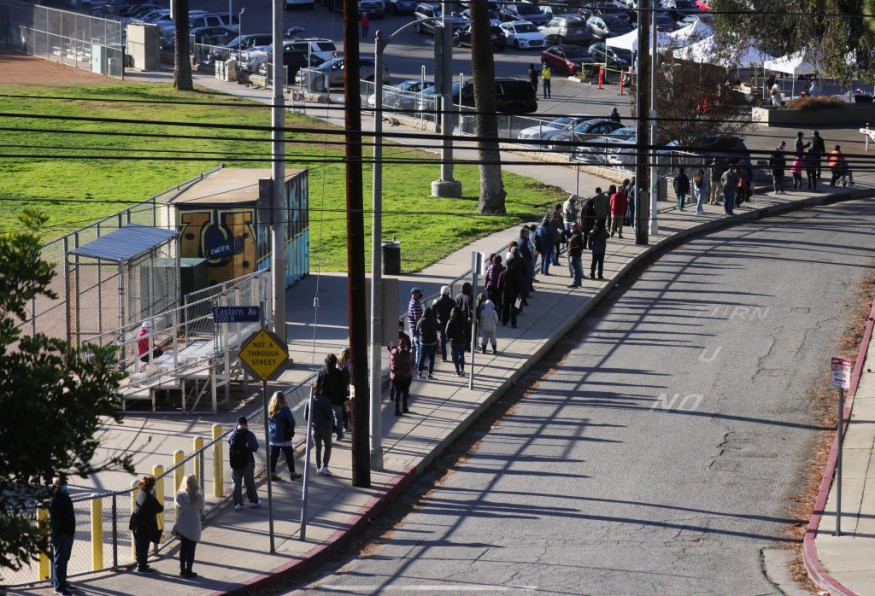The emerging variants of COVID-19 are worrying enough, but what if they combine to make an even worse type of coronavirus?
A recent report by New Scientist revealed that the COVID-19 variant discovered in the United Kingdom and California has merged into a new mutated hybrid coronavirus. The new mutation of the virus was discovered in a virus sample in California.
The "recombination" event of the two variants sparks concerns that the world might be entering a new phase of the COVID-19 pandemic.

Recombinant Detected in California
According to the report of New Scientist, the B.1.1.7 variant discovered in the UK and the B.1.429 variant that originated from California combined and formed into a hybrid variant of the coronavirus. California's variant is known to have caused the recent wave of cases in Los Angeles as this mutation is found to be resistant to some antibodies.
Bette Korber of the Los Alamos National Laboratory in New Mexico discovered the recombinant in California. During a meeting on February 2 organized by the New York Academy of Sciences, she said that she had seen some evidence of the recombinant in her database of US viral genomes.
Two research groups independently reported in December and January that there have been no recombinants as of yet of SARS-CoV-2, the virus that causes COVID-19. But since recombination is common among coronaviruses, it is already expected that it will happen soon.
Once the recombinant virus Korber discovered is proven, it will be the first to be detected in this pandemic. She has only discovered a single recombinant genome among the thousand sequences. Additionally, it is not clear yet whether this recombinant is being transmitted from person to person or just a one-off, the news outlet reported.
ALSO READ : 'Worrying' Mutation Detected in the UK
What Could the Recombinant Possible Imply
Recombination in the SARS-CoV-2 is unlike the mutation that led to B.1.1.7 variant, where changes accumulate one at a time. Recombination involves the mutation of multiple variants in one go. It is of major evolutionary importance and may be considered as to how the SARS-CoV-2 may have begun, said François Balloux at University College London.
According to Nature, "recombination is the process by which pieces of DNA are broken and recombined to produce new combinations of alleles."
The recombination results in a recombinant that reflects differences in the DNA sequences of different organisms. It commonly occurs in coronavirus when the enzyme that replicates their genome slips off the RNA strand it is copying and then rejoins where it left off.
It might be that the recent mutations of SARS-CoV-2 have provided the necessary raw material for recombination because a person could get infected with two variants at the same time.
Although there is no evidence yet of widespread recombinant, Sergei Pond at Temple University in Pennsylvania said that since all coronaviruses recombine, it is only a question of when and not if.
The implications of what the recombinant may bring are not yet clear as there are little data about it. But it is a combination of the B.1.1.7 variant, which is a highly transmissible form of coronavirus, and the B.1.429 variant that is resistant to antibodies.
Check out more news and information on COVID-19 on Science Times.
© 2026 ScienceTimes.com All rights reserved. Do not reproduce without permission. The window to the world of Science Times.








